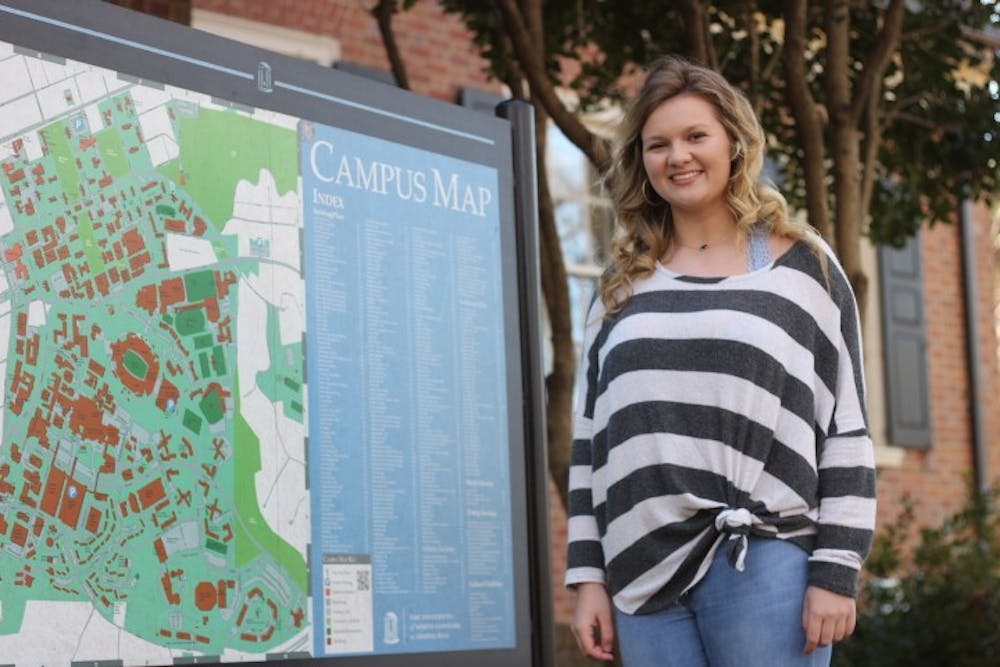Cheering for North Carolina seemed to have always been a part of daily life for Kamryn Sain, a first-year student and daughter of two UNC alumni. Every time she was on campus, her parents would tell her about a memory they shared, making her want to attend the University as well.
“I think a big part of my decision to come to UNC stems from both my parents coming here,” she said.
Sain said she didn’t feel encouraged or pushed to apply, because she thought it went without saying that UNC was her top choice.
“I was applying to other schools just in case I didn’t get into UNC,” she said.
Sain said she didn’t know legacy status really existed until she told people her parents attended the University. She said she’s proud to be a legacy student and to have conversations with her parents about how the University has changed.
Kate Luck, a Media Relations manager for UNC, said the University evaluates each student individually and holistically based on multiple factors, including academic performance, test scores and class rank, among many others.
“We do not use quotas or formulas, and we do not discriminate against any applicant or group,” she said in an email.
Luck said there is no legacy preference for North Carolina applicants, who, under a 1986 UNC system policy must make up 82 percent of the incoming class.
For out-of-state applicants, Luck said legacy status is only one of many factors considered in admissions. In 2018, this demographic accounted for about 3 percent of the incoming class.



